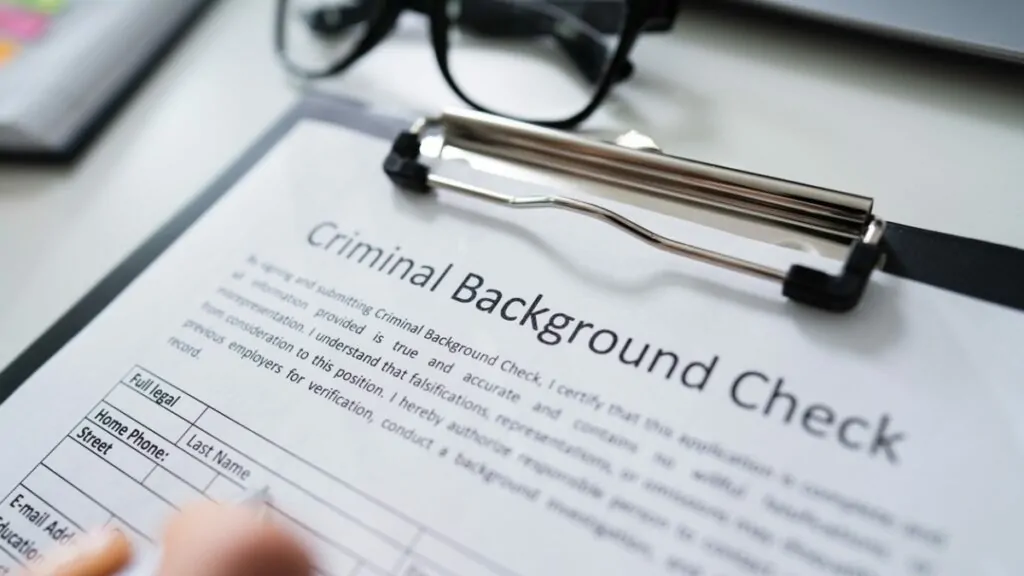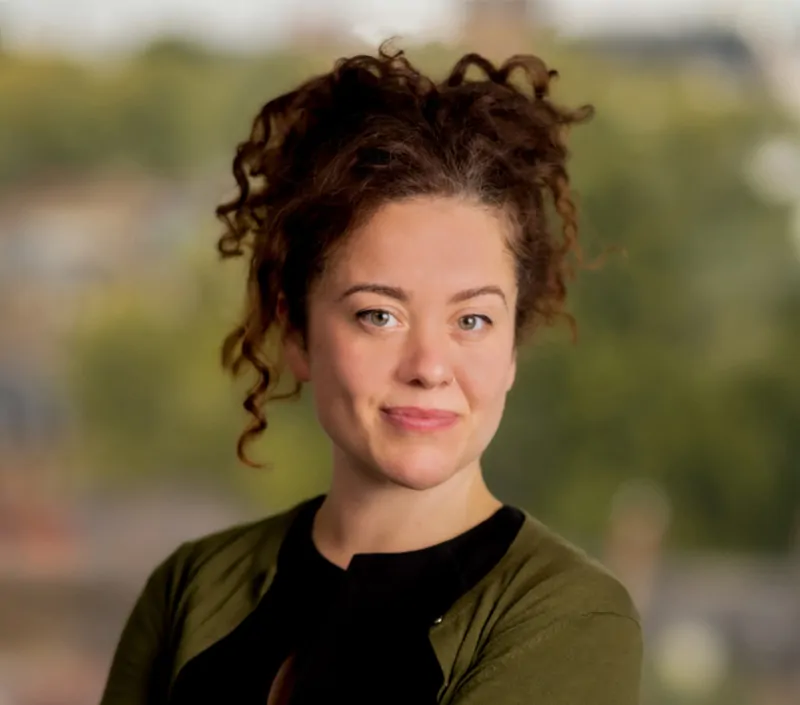Long-awaited amendments to the rules about what gets disclosed on DBS certificates came into force last week, introducing important changes that will affect many thousands of people.
Under The Police Act 1997 (Criminal Record Certificates: Relevant Matters)(Amendment)(England and Wales) Order 2020, the automatic disclosure of youth cautions, reprimands and warnings received under the age of 18 will come to an end. The “multiple conviction rule”, which required automatic disclosure of all convictions where an individual had more than one conviction, has also been scrapped.
There is a vast and growing array of employment roles which require applicants to undergo either Standard or Enhanced criminal record checks. Under the old rules, if you had just one conviction for a non-specified offence, then after 11 years the offence would be “filtered”, which means it would no longer appear automatically on a DBS certificate. However, if you had more than one conviction, then none of your convictions would ever be filtered: regardless of how old or minor the offences were, they would appear on a DBS check for the rest of your life. This acted as a barrier to employment, and a source of stigma and embarrassment for people who had long-since moved on from previous offending behaviour.
In January 2019, the Supreme Court ruled the existing system unlawful, in the linked cases of P, G and W and Gallagher. Bindmans’ client, Unlock, the award-winning charity for ex-offenders, intervened in the case.
It has taken a long time, but with these changes the Supreme Court’s findings are finally being implemented.
Unlock explain the changes on their website:
The first change is that childhood cautions will no longer be automatically disclosed. Up until now, about 25,000 childhood cautions were disclosed every year, so this change will help thousands of people move on from minor things they did when they were a child.
The second change is that a so-called ‘multiple conviction rule’ is being abolished. This arbitrary rule had meant that people with more than one conviction on their record had them all disclosed, no matter what the offences were, and no matter how long ago they were, simply because there was more than one. From the experience of Unlock’s helpline, we know this rule had meant that lots of people with minor convictions from decades ago were still finding them showing up on their check. According to Home Office data, these changes will mean around 45,000 people a year will now have a clear standard or enhanced DBS check. But this estimate is based on people that had previously applied for checks – and given we know many people are simply put off applying through fear and embarrassment, the number that will benefit from these changes will be even higher still.
These are fantastic developments that will have significant benefits for many thousands of people. However, there is still more to be done to allow people to move on from old and minor convictions, with many convictions remaining ineligible for filtering.
For more information, please refer to Unlock’s guide to the new Filtering rules.
Unlock was represented in their intervention by Salima Budhani of Bindmans LLP and Caoilfhionn Gallagher QC and Jesse Nicholls of Doughty Street Chambers.

